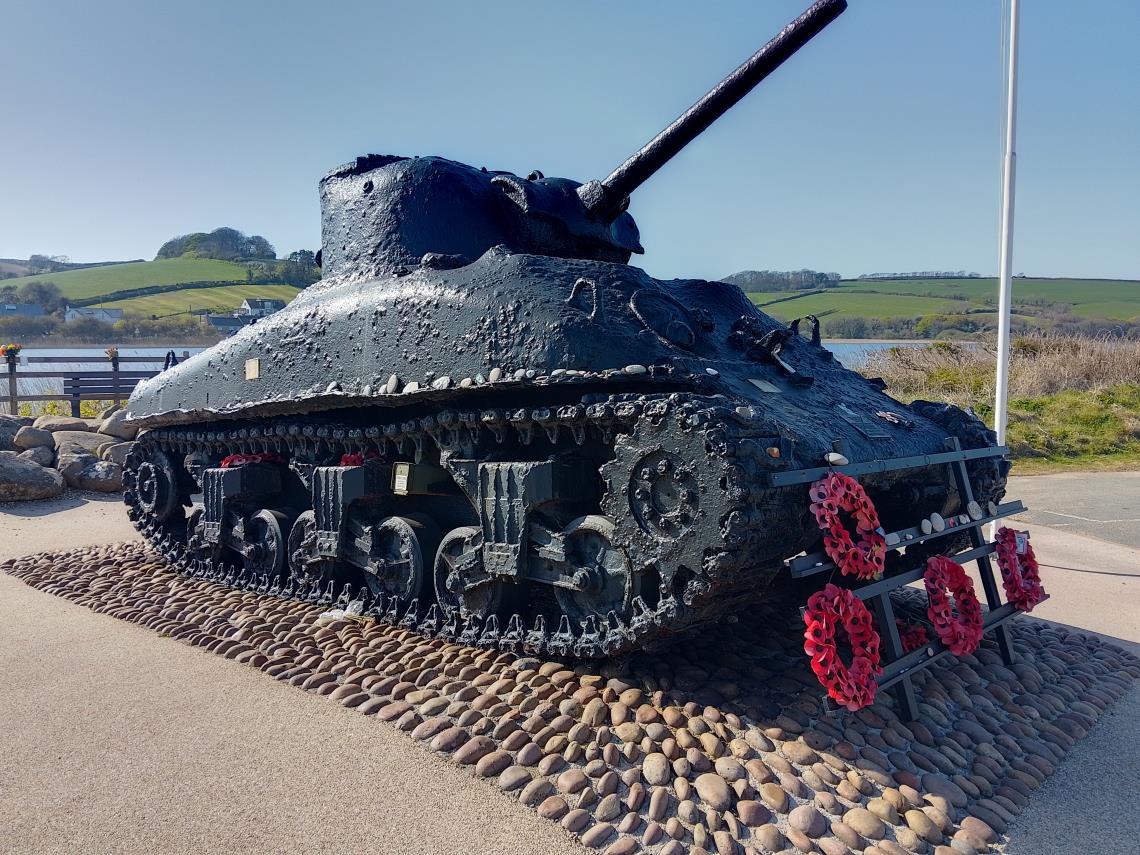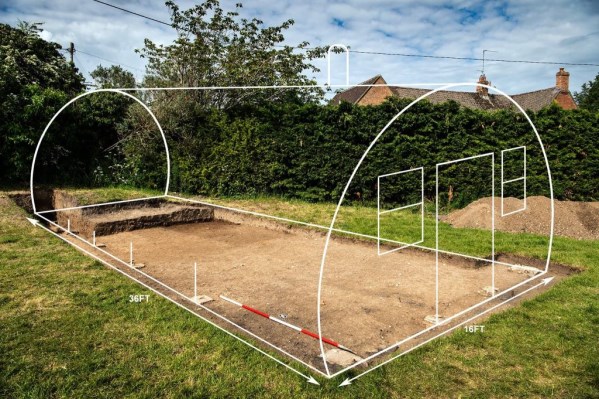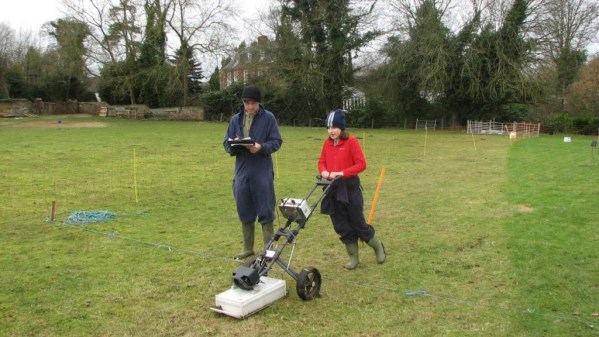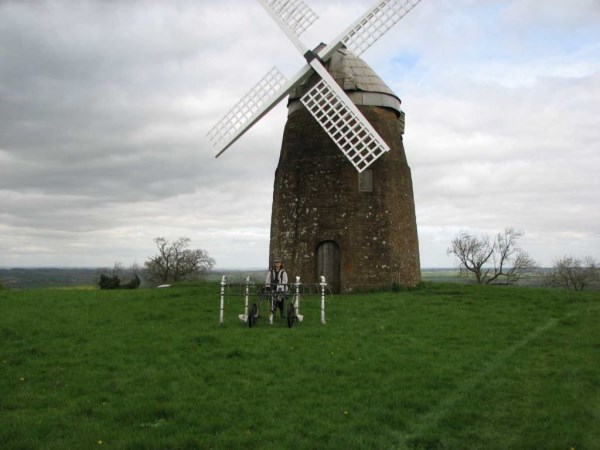News & Projects
April 2025
Remembering the April 1944 tragedy when nearly 1000 US soldiers died whilst training for the D-Day landings, they made the greatest sacrifice for our freedom.
Archaeological Surveys celebrated 20 years of work in geophysics at the beginning of the year.
In March we attended the 2025 Wiltshire Archaeology Conference in Devizes where a number of projects that we had carried out geophysical survey for were presented. Our stand provided information on our recent research at Devizes Wireless Station, just three miles from the conference location, as well as other community and research projects within Wiltshire.
Cheers, Dave Sabin
Magnetometry carried out by Archaeological Surveys Ltd at Aldbourne, Wiltshire, has successfully located anomalies relating to Nissen huts used by Easy Company of the 2nd Battalion of the 506th Parachute Infantry Regiment of the 101st Airborne Division of the US army preparing for D-Day. Subsequent excavation, as part of Operation Nightingale, revealed concrete pads forming the foundations of one of the huts along with finds dating to the use and occupation of the site.
Magnetic debris is located by virtually all magnetometry surveys and often dismissed as modern topsoil junk. However, we shouldn't be too hasty in considering this material insignificant, it represents something and perhaps could be the only archaeological evidence of a past event, activity, settlement, etc. This article considers sources of magnetic debris and what sort of archaeological information may be derived from it.
My day of work with Archaeological Surveys LTD carrying out a ground penetrating RADAR survey.
Magnetometry undertaken at Tysoe, Warwickshire in 2017 and 2018 has revealed further evidence for extensive Romano-British and prehistoric settlement. Several sites previously identified by fieldwalking in the 1990s, and geophysics in 2010/2011, were chosen for additional wide area magnetometry survey. The results indicate numerous enclosures, field systems and track ways surrounding core settlement areas. The complexity of many of the sites infers long periods of settlement, possibly from the Bronze Age to the end of the Roman period.
Magnetometry with Sensys FGM650 gradiometers. Archaeological Surveys director David Sabin considers the benefits of using fixed tension band gradiometers, particularly for cart-based surveys.



